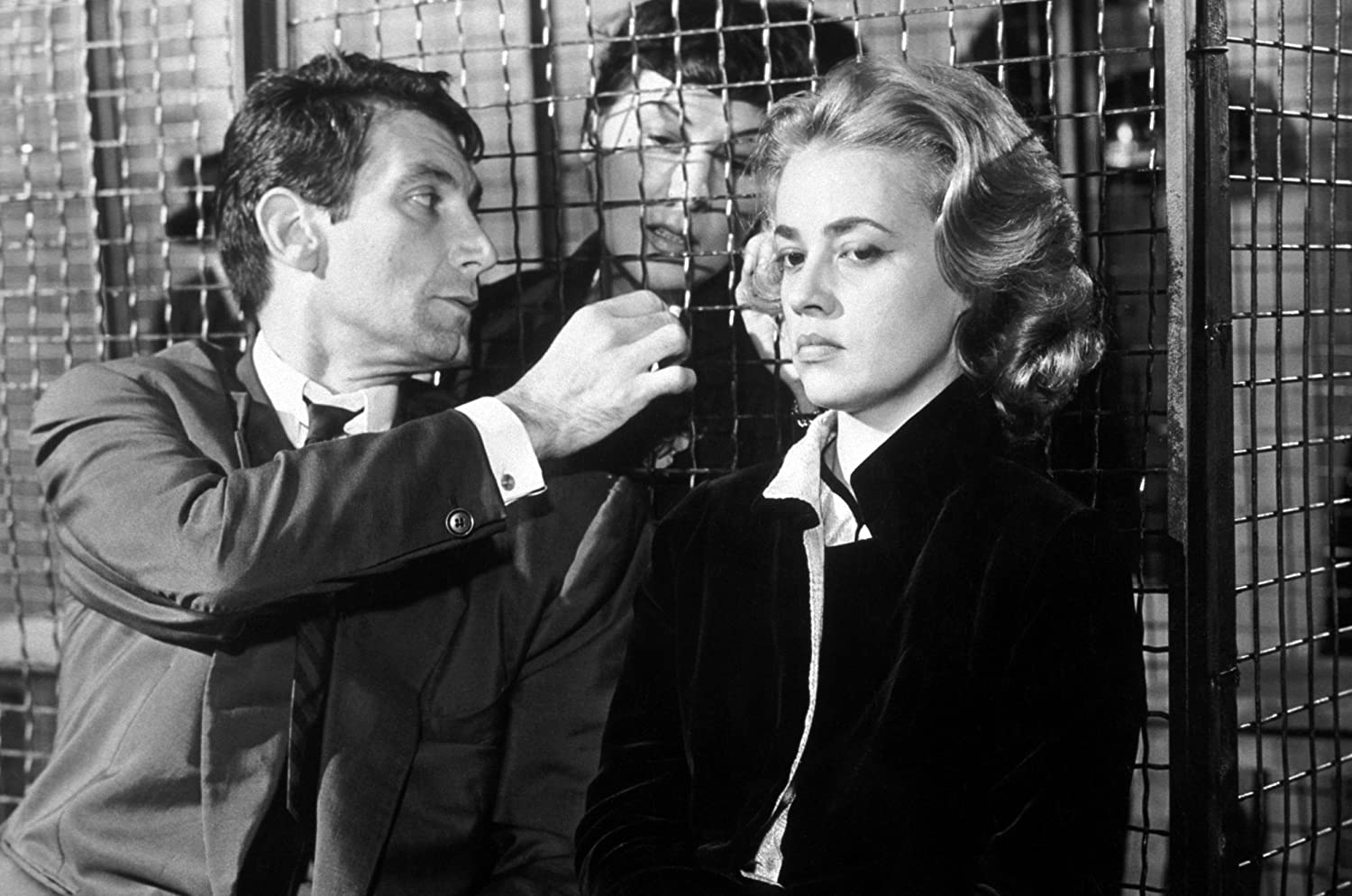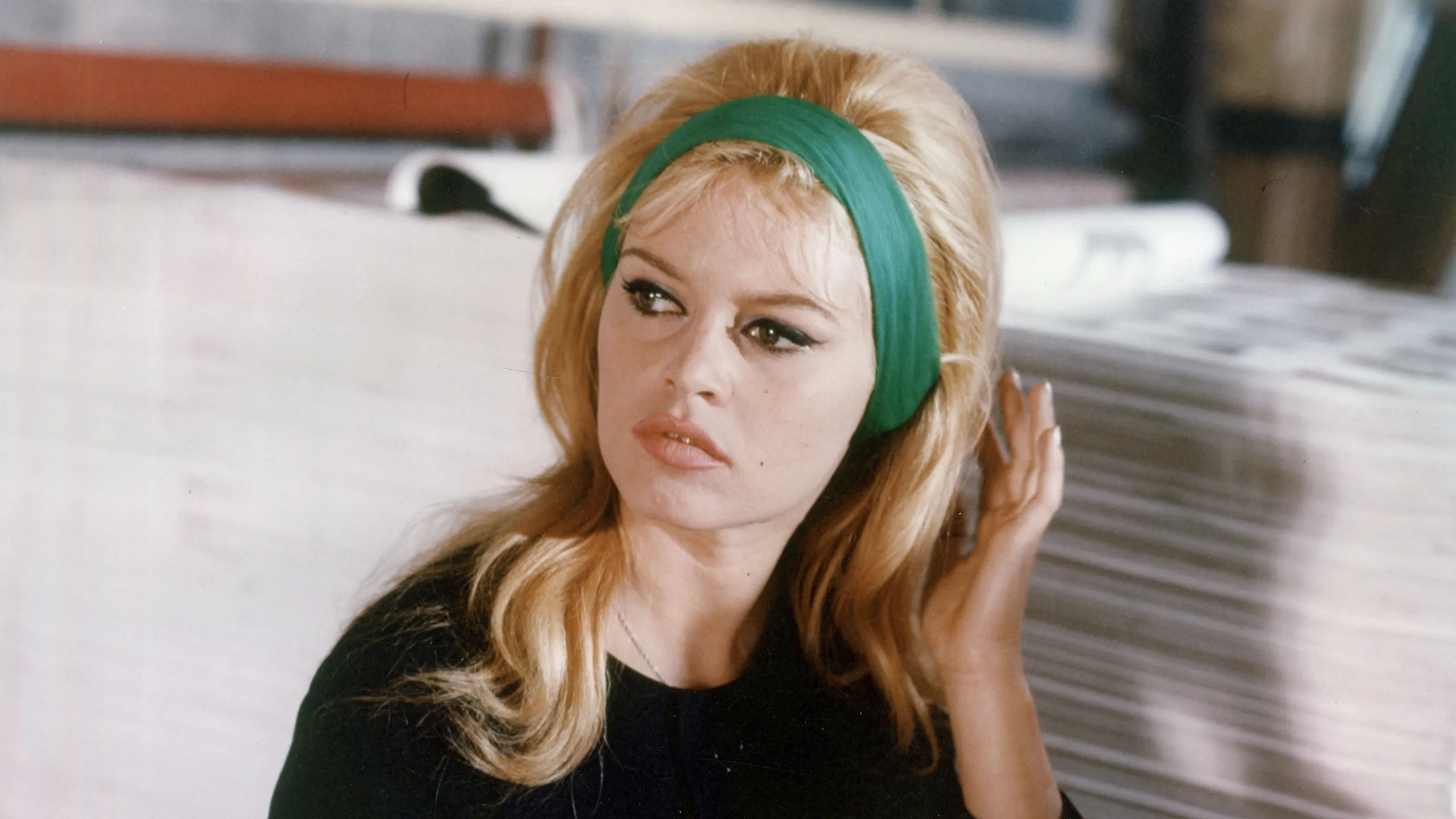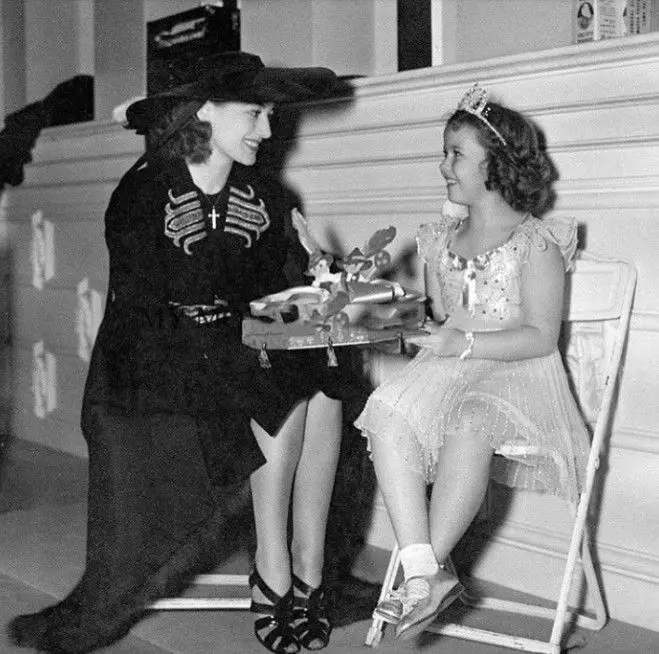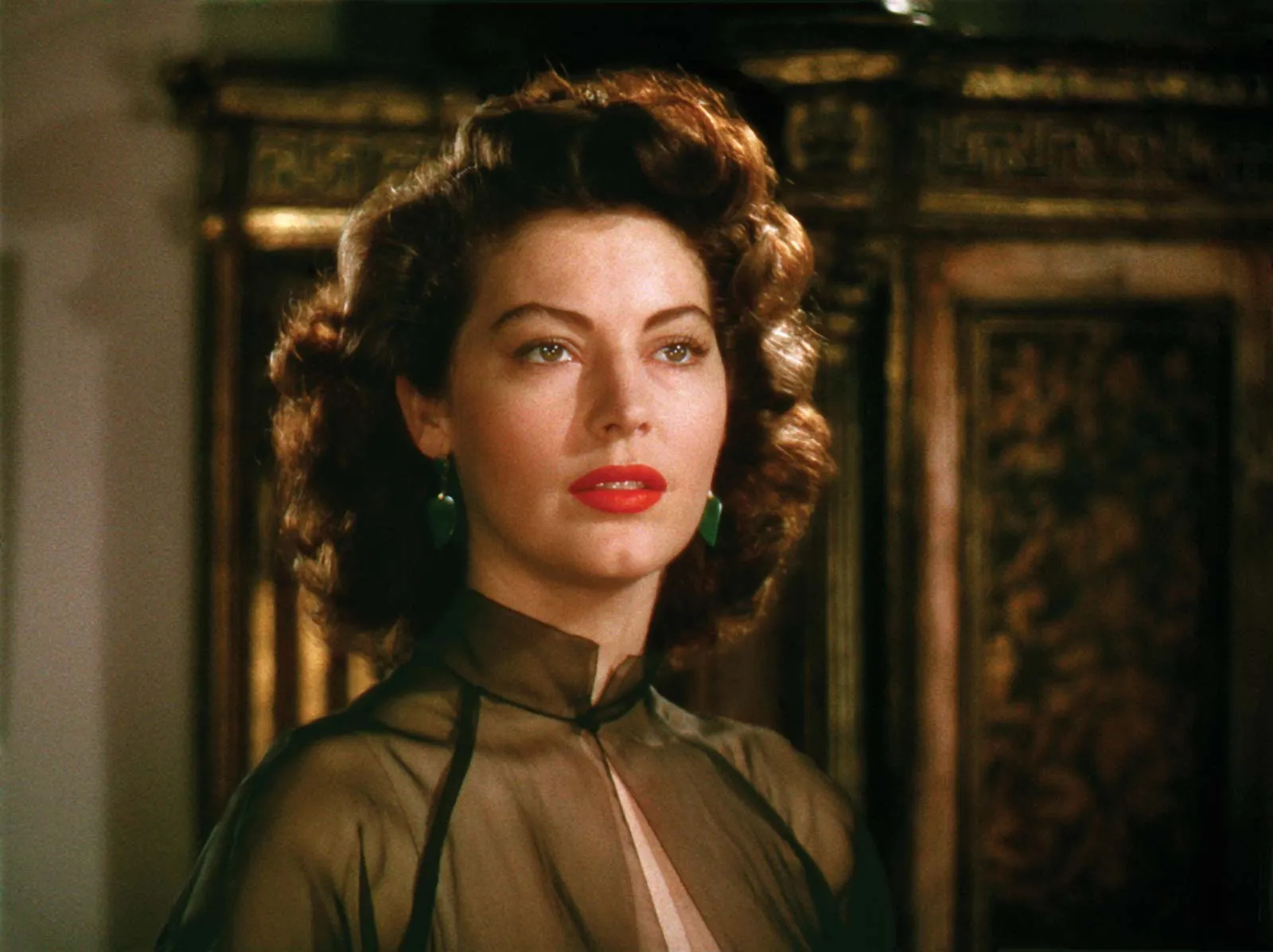“Elevator to the Gallows” (Ascenseur pour l’échafaud), directed by Louis Malle in 1958, is a seminal film that not only captivates audiences with its thrilling narrative but also marks a significant moment in the evolution of French cinema. Starring the iconic Jeanne Moreau and Maurice Ronet, this crime thriller intertwines themes of love, betrayal, and existentialism. Here are some interesting facts about this influential film!
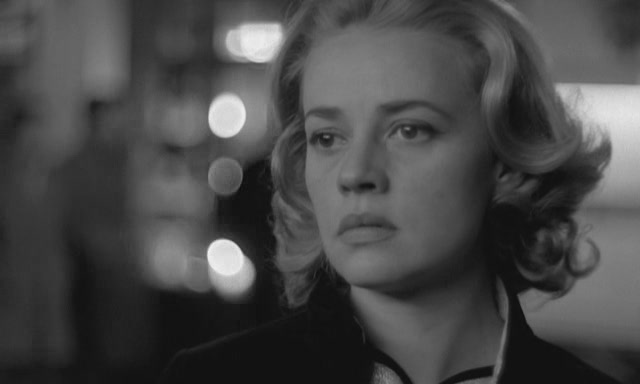
1. A Unique Plot Twist
The story centers around illicit lovers Julien (Maurice Ronet) and Florence (Jeanne Moreau) who plot a murder to be together. However, their plan spirals out of control when Julien becomes trapped in an elevator after committing the crime. This unexpected twist sets the stage for a tense and gripping narrative, showcasing the fragility of human emotions and intentions.
Thematic Depth:
The film explores not only the consequences of their actions but also themes of fate and chance, drawing viewers into a web of suspense and intrigue.
2. Groundbreaking Soundtrack
One of the film’s standout features is its improvised jazz score by the legendary Miles Davis. This soundtrack was revolutionary for its time, blending seamlessly with the film’s visuals to enhance the emotional depth of the story. Davis’s haunting melodies add an atmospheric layer that has become iconic in cinema history.
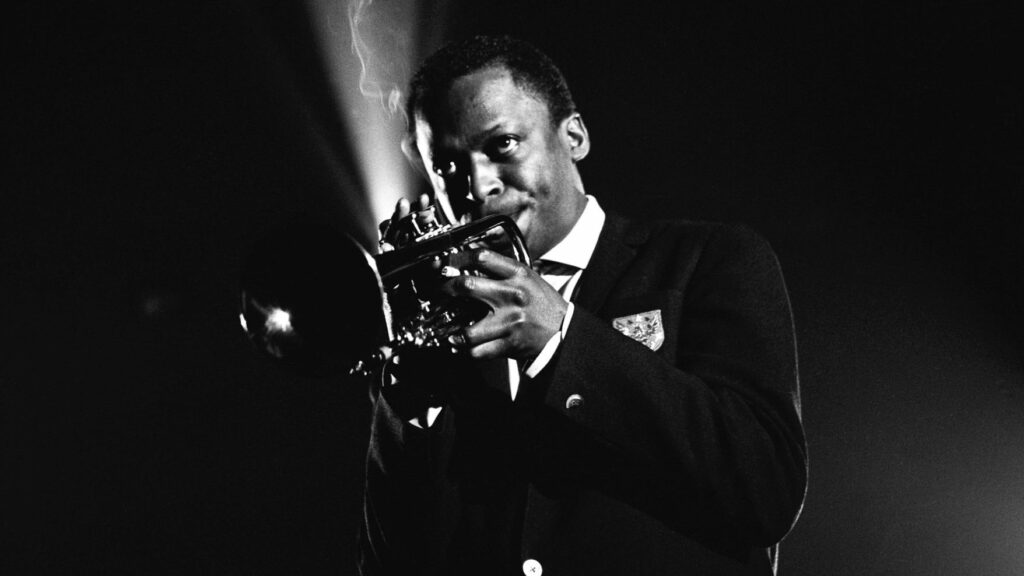
3. A Touchstone of Film Noir and French New Wave
While some critics associate “Elevator to the Gallows” with traditional film noir, it also played a pivotal role in the French New Wave movement. The film introduced innovative narrative techniques, including non-linear storytelling, jump cuts, and a focus on character psychology. These elements not only shaped the film’s suspenseful tone but also influenced a generation of filmmakers.
Cinematic Techniques:
Louis Malle’s direction, coupled with cinematographer Henri Decaë’s striking visuals, created a moody atmosphere that was both visually captivating and narratively complex.
4. Lasting Legacy
“Elevator to the Gallows” has left an indelible mark on cinema, inspiring filmmakers worldwide. Its blend of suspense, jazz music, and existential themes continues to resonate with audiences today. The film is frequently studied in film courses and celebrated at festivals for its artistic achievements.
Cultural Impact:
The film’s influence can be seen in various genres, and its innovative techniques laid the groundwork for future movements, solidifying its status as a classic.
5. Notable Performances
Jeanne Moreau’s portrayal of Florence is both alluring and tragic, earning her critical acclaim and solidifying her place as a leading actress in French cinema. Maurice Ronet’s performance as the tormented Julien complements her character, creating a compelling dynamic that drives the narrative forward.
Conclusion
“Elevator to the Gallows” is more than just a crime thriller; it is a pioneering work that encapsulates the spirit of its time while influencing the future of cinema. With its gripping plot, innovative techniques, and unforgettable music, this film remains a vital part of film history. Whether you’re a seasoned cinephile or a newcomer to classic films, “Elevator to the Gallows” is a must-see that showcases the beauty and complexity of storytelling in cinema.
Have you seen “Elevator to the Gallows”? What are your thoughts on its impact and legacy? Share your insights in the comments below!

